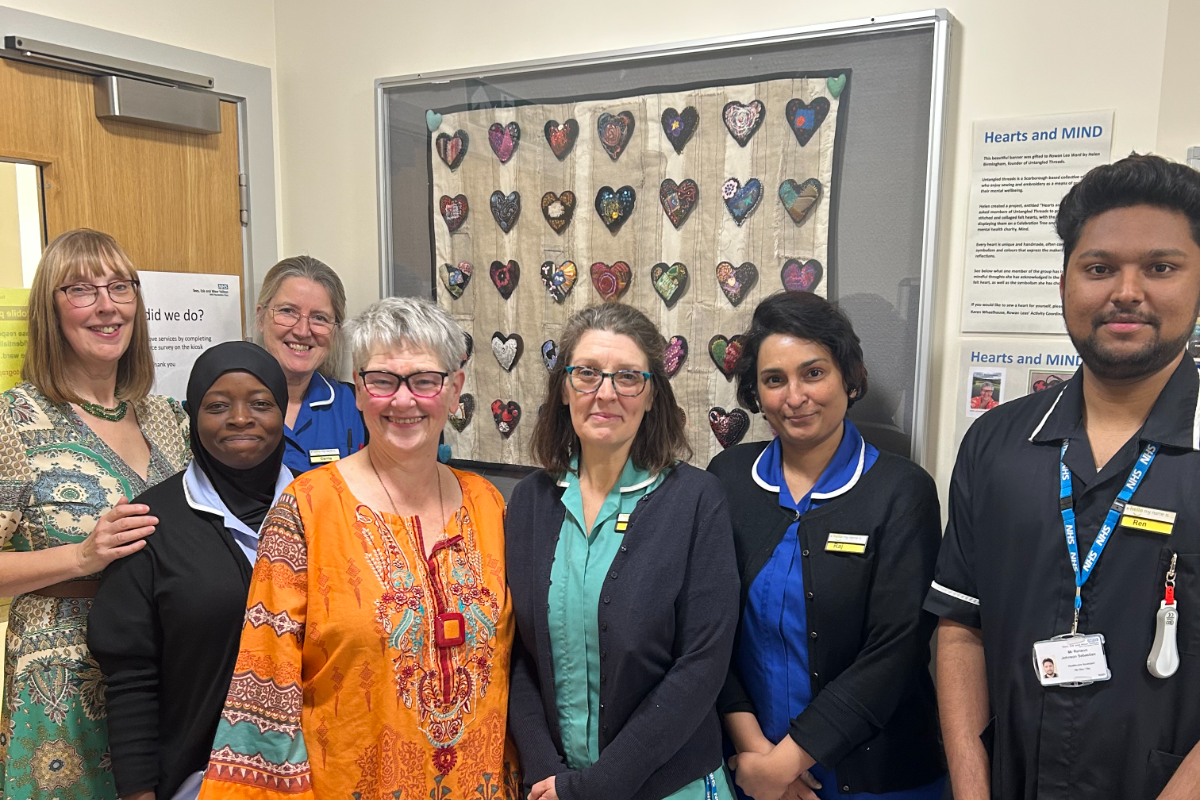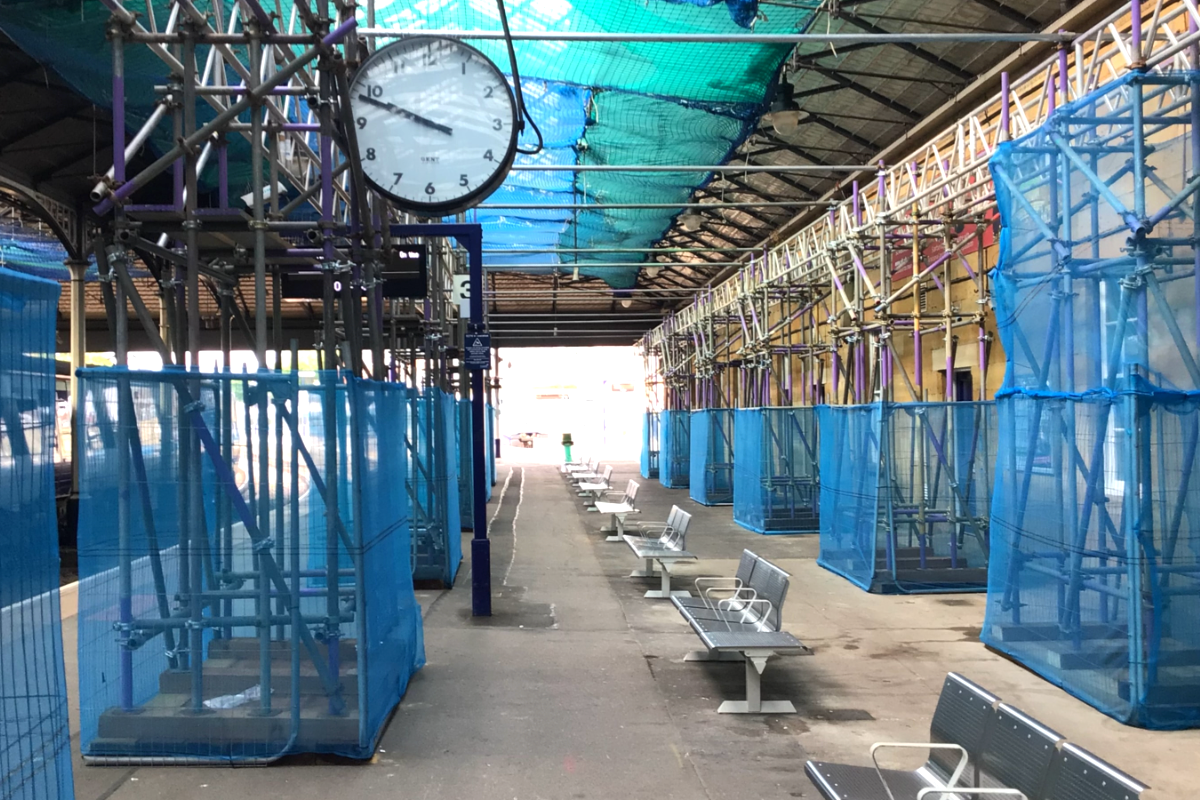
The Town's MP has used a commons speech to highlight how some parts of Bridlington have a life expectancy ten years shorter then neighbouring wards.
Bridlington's MP has highlighted health inequalities in the town.
Charlie Dewhirst was speaking in the House of Commons.
He highlighted to the health minister some of the challenges being faced by Bridlington residents and issued a call for action.
Responding to the comments, Health Minister Steven Kinnock says the health inequalities that exist within Bridlington are shocking.
Bridlington, despite its picturesque coastal setting, is grappling with a harsh reality: it has the oldest and most deprived population in East Riding of Yorkshire. This grim statistic is reflected in a life expectancy for men in Bridlington South Ward that is a shocking 10 years lower than elsewhere in the county. This situation is compounded by the fact that a third of Bridlington's residents are over 65, with a significant proportion over 80, highlighting the town's vulnerability to age-related health issues.
Dewhirst painted a bleak picture of the healthcare landscape in Bridlington, his argument aligning with the findings of Lord Darzi's recent report, which declared the NHS 'broken'. Darzi highlighted the challenge posed by an ageing population with increasing long-term conditions, emphasising the need for more integrated care delivered closer to where people live. This sentiment was echoed by the Chief Medical Officer, Sir Chris Witty, in his 2021 report on coastal communities. Witty noted the lack of data on the health of coastal communities, highlighting that deprivation and ill health are often masked by the relative affluence of inland areas. He recommended a national strategy to address the unique health challenges of coastal areas.
In his response, Kinnock acknowledged the severity of the situation in Bridlington, recognising that the town's struggles reflect a wider crisis in the NHS. He highlighted the government's commitment to a 10-year plan that would involve a 'meaningful conversation' with the public and healthcare professionals. This plan, according to Kinnock, would focus on three key shifts: from hospital to community, from analog to digital, and from sickness to prevention.
He further acknowledged the need to address health inequalities, stating that the gaps in life expectancy between different areas must be narrowed.
While Kinnock's response offered some hope, Dewhirst pressed for a commitment to address the unique challenges faced by coastal towns like Bridlington. In response, Kinnock acknowledged the specific issues of coastal towns with ageing populations and limited healthcare resources, promising that these concerns would be factored into the 10-year plan.




 Injured Yorkshire Coast Seal Back in the Water
Injured Yorkshire Coast Seal Back in the Water
 Flamingo Land Welcomes Baby Giraffe
Flamingo Land Welcomes Baby Giraffe
 Scarborough and Whitby MP to Launch Petition for Return of Stroke Services
Scarborough and Whitby MP to Launch Petition for Return of Stroke Services
 UK Mayors Being Urged to Buy Scarborough Buses
UK Mayors Being Urged to Buy Scarborough Buses
 Free Music Events in Scarborough to Raise Funds for Andy's Man Club
Free Music Events in Scarborough to Raise Funds for Andy's Man Club
 Scarborough's Cross Lane Hospital Receives Heartfelt Gift
Scarborough's Cross Lane Hospital Receives Heartfelt Gift
 Saint Catherine’s Becomes First UK Hospice to Launch Masonic Aware Initiative
Saint Catherine’s Becomes First UK Hospice to Launch Masonic Aware Initiative
 Candidates Confirmed for First Scarborough Town Council Elections
Candidates Confirmed for First Scarborough Town Council Elections
 Scarborough Station Set for Multi-Million-Pound Roof Renovation
Scarborough Station Set for Multi-Million-Pound Roof Renovation
 Renewed Appeal Following "Shocking" Arson in Whitby
Renewed Appeal Following "Shocking" Arson in Whitby
 Six Candidates Standing to Become First Elected Mayor of Hull and East Yorkshire
Six Candidates Standing to Become First Elected Mayor of Hull and East Yorkshire
 Construction to Start on Whitby Maritime Hub
Construction to Start on Whitby Maritime Hub








Comments
Add a comment